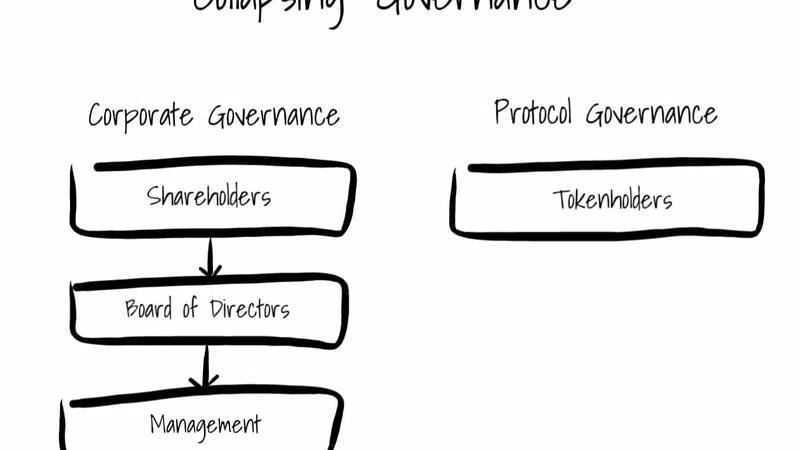As the pandemic comes to an end, millions of small businesses are facing a complex financial future. As staff are coming off furlough and businesses open, many will need to assess the impact of repaying tax deferrals or bounce back loans. Richard McCall, CEO of Armalytix, believes Open Banking can help accountants and SMEs navigate the post-pandemic bounce back more effectively.
Small businesses are the lifeblood of the UK’s financial system, collectively pumping billions of pounds into the economy each year and providing the public with thousands of job opportunities as they grow. Recent findings by the House of Commons library reported that, of the 5.98 million businesses in the UK, less than 100,000 have more than 250 employees and 5.7 million less than 10.
This demonstrates the extent to which Britain is an army of small businesses. Little wonder therefore that the directors of these businesses hate uncertainty; particularly where their success is dependent on loyal customers for repeat trade. These sorts of businesses, including shopkeepers, café owners and hairdressers, have experienced the most disruption in the last 12 months. They are always at the sharp end, feeling the peaks and troughs of the economy most strongly.
The consequences of relying on funding
The UK Treasury has offered extensive financial support to millions of businesses trying to stay afloat after the damage caused by multiple national lockdowns. Many SMEs have relied on furlough schemes, VAT deferrals and government funding like the Bounce Back Loan Scheme (BBLS) and Coronavirus Business Interruption Loan Scheme (CBILS).
Though these schemes have undoubtedly kept millions of businesses alive, the remainder of this year presents a unique set of challenges to these SMEs. Now directors must consider how to bring back furloughed employees and pay back loans and tax deferrals, all while trying to predict how the remainder of the year will play out against uncertain future demand.
Time is of the essence
Navigating the bounce back effectively will require a sturdy business plan and this in turn relies on fast access to accurate and up-to-date financial data. Most small businesses do not have a finance director so will rely on the advice of third-party accountants and financial advisors to make the right business decisions.
From an accountant’s perspective, retrieving financial information from clients is almost always a difficult and time-consuming process. This issue is compounded when both parties are only required to submit accounts on an annual basis, for example with the many businesses that are not VAT registered. Even businesses that manage their finances on a far more regular basis can find sharing bank information complicated. Relying on photocopied bank statements and digital files can be both a nuisance and a cause for concern; copied statements needs to be digitised, digital files can be tampered with and are a potential security concern.
Open Banking is here to help
Open Banking is a virtual tool that enables apps and services to access bank information without altering or sharing its contents.
For businesses, and particularly SMEs, Open Banking can help achieve more transparent and effective financial planning. Open Banking can be used to help accountants clearly understand patterns of financial behaviour in a business, so they can provide a faster and more effective service.
Consider how this scenario often plays out without the help of Open Banking:
- The accountant sends an email requesting financial data from the client
- The company director is working to a busy schedule and misses the email and needs reminding several times
- The director sends over the information after a few weeks, but the bank statements are either blurry, missing vital information or are for the incorrect dates
- The process begins again, frustrating all parties and delaying prompt financial planning
Nobody is at fault here. But this is a misuse of time and lack of efficiency that can easily be solved with the technology, platforms and services available today through Open Banking.
Open Banking enables accountants to request specific financial data from clients using third-party services. This can be authorised and sent over by the client in a matter of moments from mobile or desktop and only the data requested by the accountant will be shared. This means it is fast, accurate, secure and cannot be altered.
This not only saves time and effort but means accountants can provide SMEs with business advice sooner rather than later – potentially making the difference between survival and collapse.
A smoother exit from the pandemic
As company directors devise a strategy to revive their businesses in the wake of the pandemic, they will require efficient financial support and planning - and quickly. Every business understands that costs and revenues never grow simultaneously, and uncertainty about the future economic outlook makes the current situation particularly challenging. Accountants can help smaller businesses survive and thrive in this critical period by providing timely support and advice with an honest assessment the businesses’ financial state. To do this however, they will have to rely on fast access to accurate and up-to-date information - Open Banking will give this to them.













